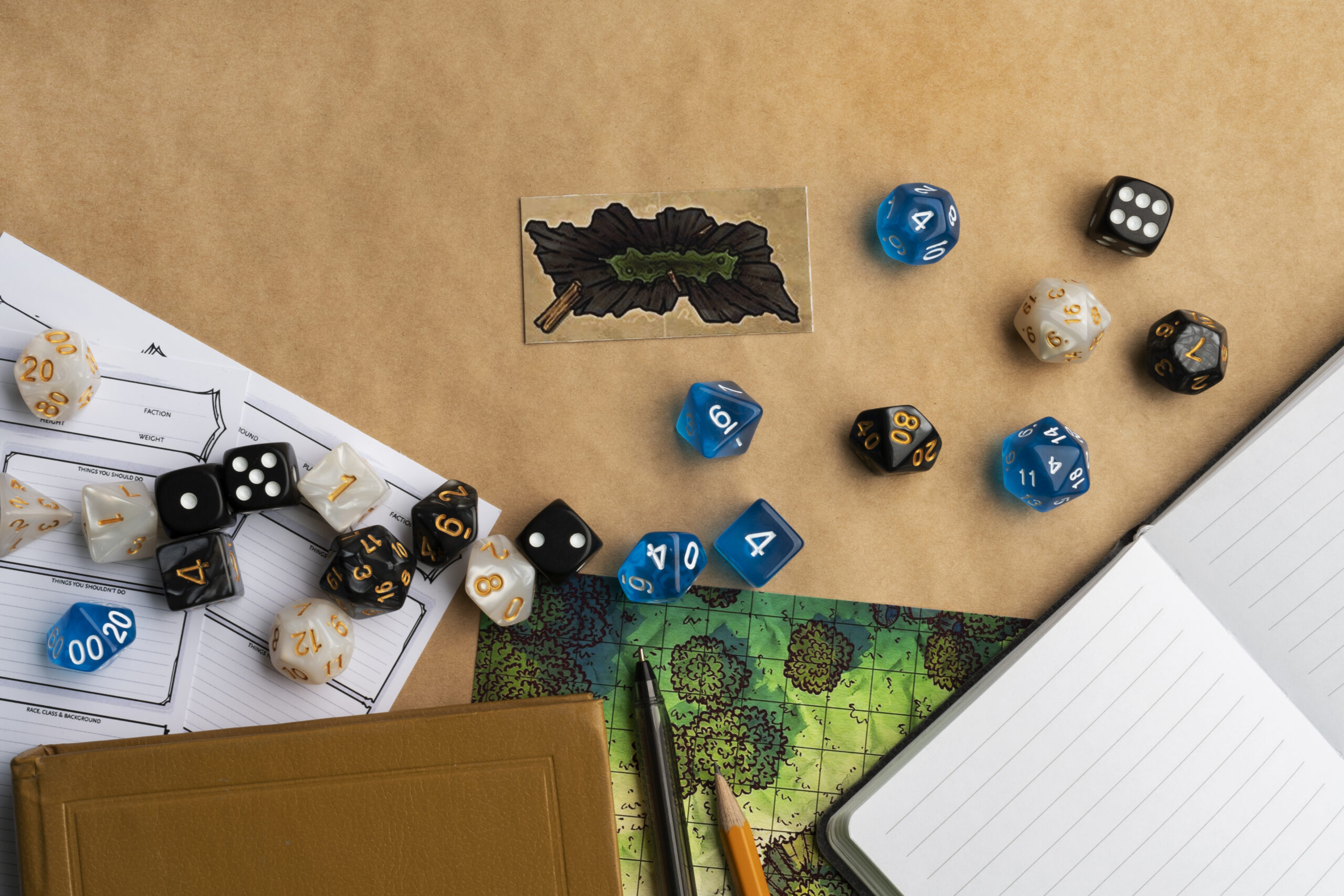The History of Dungeons and Dragons
Dungeons and Dragons, commonly abbreviated as D&D, is a tabletop role-playing game that has captivated the imagination of millions over the years. Developed in the United States in the early 1970s, it has become one of the most iconic and influential games of all time. In this blog post, we’ll take a deeper dive into the history of D&D.
The Birth of Dungeons and Dragons
D&D was created in 1974 by Gary Gygax and Dave Arneson, two gamers from Lake Geneva, Wisconsin. Gygax had been developing a set of rules for a wargame called Chainmail, and Arneson had created a campaign setting that he ran for his friends. The two decided to combine their efforts, creating a new game that allowed players to create their own characters and go on adventures in a fantasy world.
The early editions of D&D were published by Tactical Studies Rules (TSR), a company that Gygax co-founded. The game quickly gained a cult following, with passionate players creating their own campaign settings and adventures.
The Growth of Dungeons and Dragons
D&D continued to grow in popularity throughout the 1970s and 1980s. Numerous expansions and add-ons were released, including new character classes, monsters, and magical spells. The game’s success paved the way for a new genre of tabletop gaming, as other companies began to create their own role-playing games.
In the 1980s, D&D faced controversy and backlash from conservative groups who believed the game promoted Satanism and witchcraft. This led to the creation of a rating system for RPGs, similar to the one used for movies and video games.
The Legacy of Dungeons and Dragons
Despite the controversy, D&D continued to grow in popularity, and has inspired countless books, movies, TV shows, and video games. It has also become a cultural touchstone, referenced in everything from Stranger Things to The Big Bang Theory.
Today, D&D remains one of the most popular tabletop role-playing games in the world. Its influence can be seen in a variety of RPGs, including video games like World of Warcraft and tabletop games like Pathfinder.
Conclusion
From its humble beginnings in Wisconsin to its worldwide success, Dungeons and Dragons has come a long way in the last 50 years. It has withstood the test of time and cemented its place in the hearts of gamers around the world. The game not only allows players to escape reality and engage in exciting adventures but also encourages creativity and storytelling. It has evolved significantly, with newer editions and digital adaptations, but the core idea of letting players immerse themselves in a fantasy world and collaborate with others to tell a story remains unchanged. Dungeons and Dragons has created a vibrant community of gamers and storytellers, and its influence on popular culture and the gaming industry continues to be felt today.
